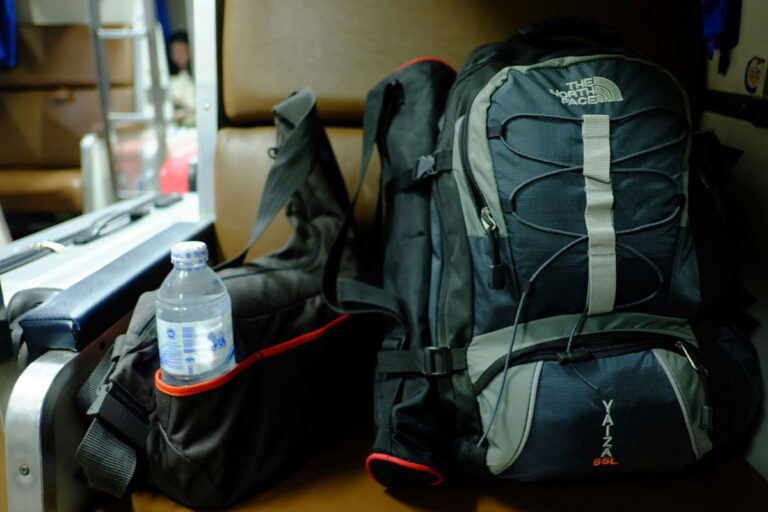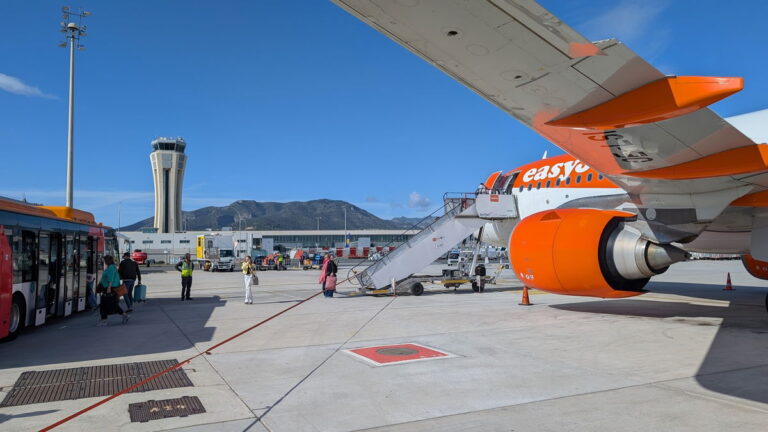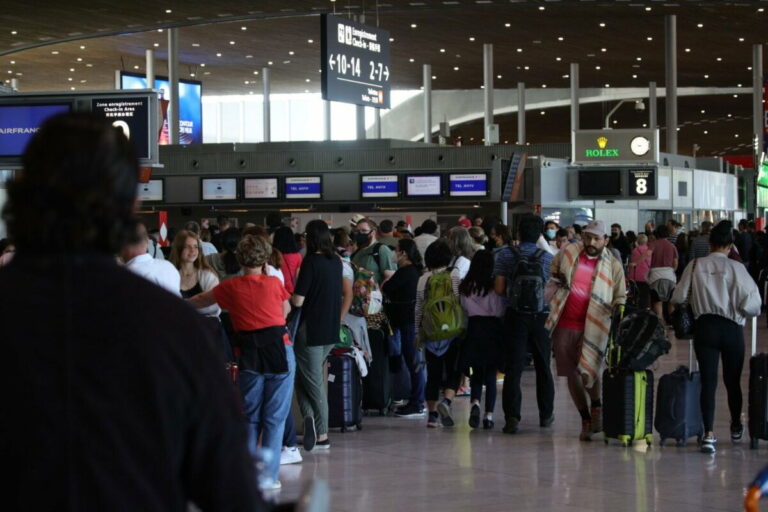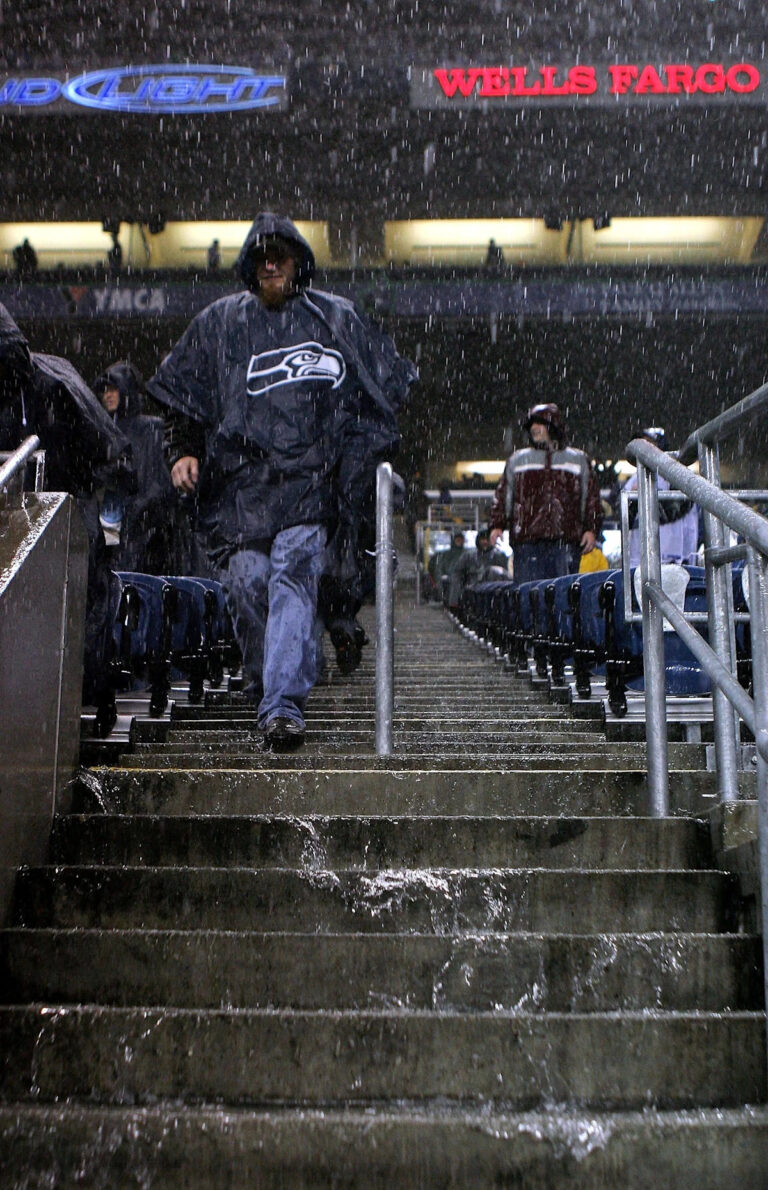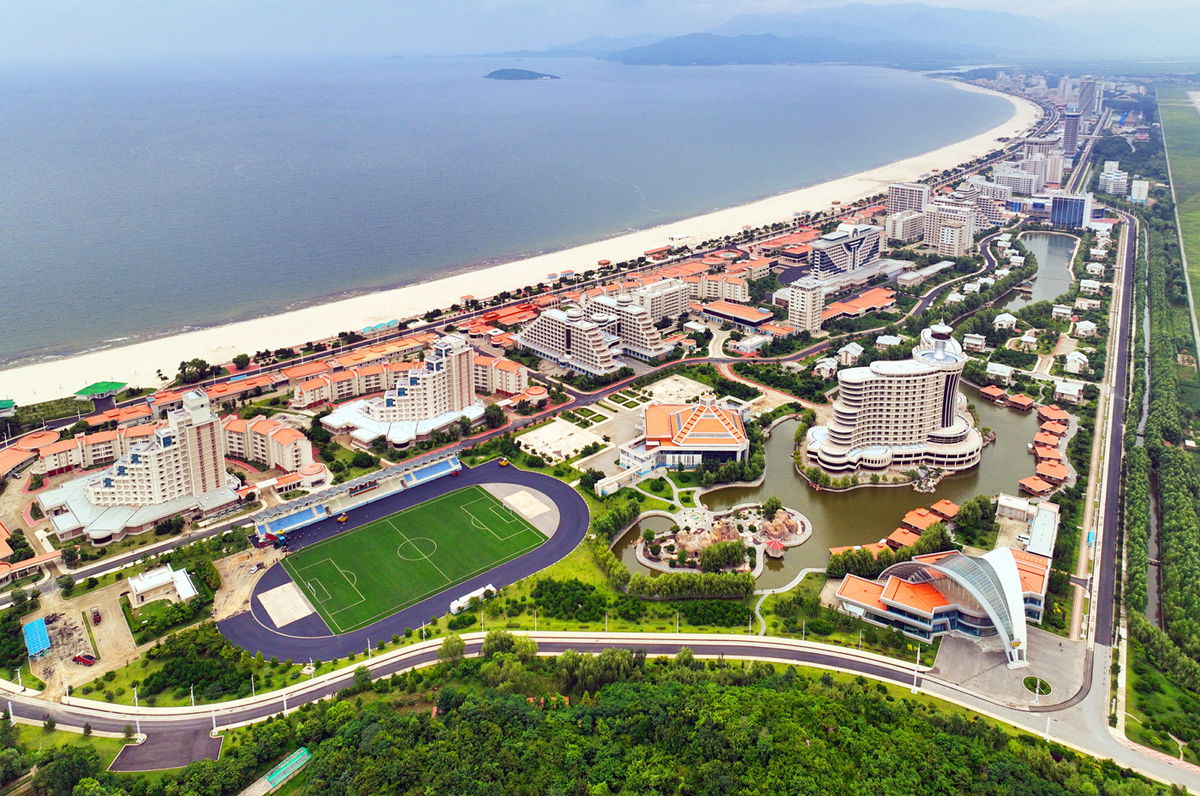
In a rare display of ambition and optimism, North Korea has unveiled its most significant tourism project in decades: the Wonsan Kalma Coastal Tourist Zone, a vast beach resort designed to accommodate up to 20,000 guests. The sprawling development, located on the country’s east coast, marks the clearest signal yet that Pyongyang is serious about building a post-pandemic tourism industry though restrictions for most international travellers remain firmly in place.
The launch of the resort on June 24 was attended by ‘The dear leader’ Kim Jong Un, his wife Ri Sol-Ju, and their daughter Kim Ju-Ae, in a highly publicised ribbon-cutting ceremony. Kim described the project as “one of the greatest successes this year” and a “proud first step” toward building a self-reliant tourism economy.
The Wonsan Kalma resort features kilometres of beachfront, newly built high-rise hotels, sports courts, performance theatres, and water parks complete with slides and swimming pools. Satellite imagery and official photographs suggest the construction is largely complete, with leisure facilities ready to receive an influx of domestic visitors.
However, despite the scale of the project, access to the resort remains extremely limited (shame, I was looking forward to the experience). Beginning July 1st the beach zone will open exclusively to North Korean citizens, with carefully selected Russian tour groups expected to follow shortly after. Chinese tourists, traditionally a key market for North Korea have yet to be given access, and Western travellers, particularly from South Korea and the U.S, remain barred.
Analysts say the development reflects Kim’s strategic pivot towards tourism as a revenue source that is largely free from international sanctions. Unlike sectors such as mining or weapons manufacturing, tourism is one of the few industries in which North Korea can technically operate without violating UN measures. The presence of Russia’s ambassador at the opening ceremony, and the planned arrival of Russian tourists in early July, suggests an evolving relationship between the two countries. With Western tourism off the table for now, Pyongyang may look increasingly to Moscow to help kickstart the new resort’s viability.
Still, observers remain sceptical about the project’s long-term prospects. Infrastructure remains basic outside the resort, and large-scale foreign tourism even from Russia or China would require massive logistical and diplomatic changes.
Until then, the sun, sand, and water slides of Wonsan Kalma will remain mostly a showpiece showcasing what North Korea wants the world to see, but not yet ready to fully share it. Well, Kim, you know what they say: ‘Caring is sharing’.

